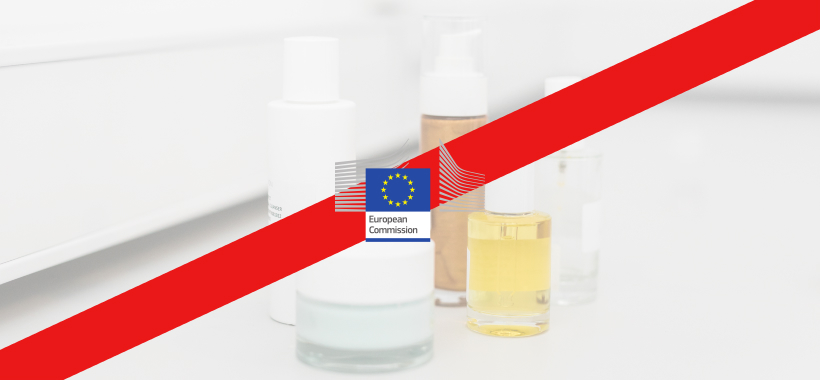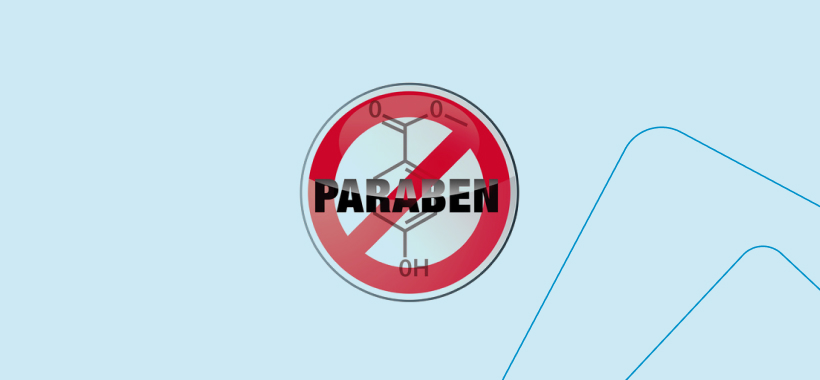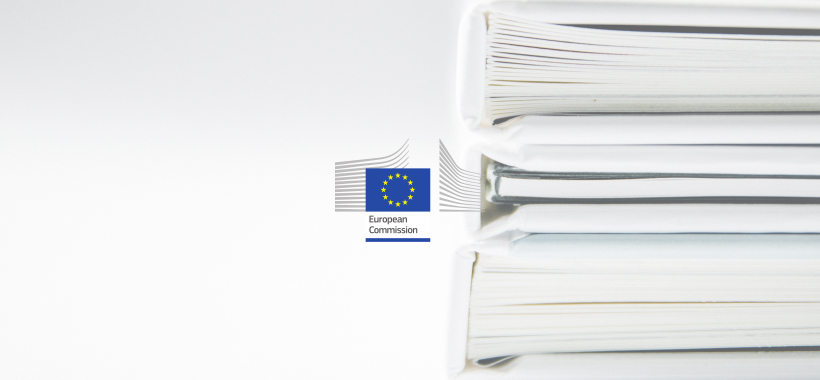Upcoming changes in 2022:
– bans:
| Ingredient | Deadline for placing on the market | Deadline for making available on the market |
| Butylphenyl methylpropional (Fragrance ingredient BMHCA, ‘lilial’)* | March 1, 2022 | March 1, 2022 |
| Zinc pyrithione (Preservative and anti-dandruff ingredient)* | March 1, 2022 | March 1, 2022 |
| Sodium hydroxymethylglycinate (preservative)* | March 1, 2022 | March 1, 2022 |
| Methoxyethyl acrylate* | March 1, 2022 | March 1, 2022 |
| Hair dyes: · 1,2,4-trihydroxybenzene (1,2,4-THB, A33) · 2-nitro-4-amino-diphenylamine-2’-carboxylic acid (B87) · 6-amino-m-cresol (A75) | September 3, 2021 | June 3, 2022 |
– restrictions:
| Ingredient | Restrictions | Deadline for placing on the market | Deadline for making available on the market |
| Dihydroxyacetone (DHA)* | · restricted to 10% in self-tanning products · restricted to 6.25% in non-oxidative hair dyes | January 26, 2022 | April 22, 2022 |
| Methyl-N-methylanthranilate (fragrance ingredient)
| · Restricted to 0.1% in leave-on products · Restricted to 0.2% in rinse-off products · For leave-on products: o Not to be used in sunscreen products and products marketed for exposure to natural or artificial UV light. · For leave on and rinse-off products: o Do not use with nitrosating agents. o Maximum nitrosamine content: 50 μg/kg. o Keep in nitrite-free containers
| August 21, 2022 | November 21, 2022 |
| Sodium hydroxymethylglycinate (preservative)* | Corrections for this ingredient are introduced in the fifth CMR Omnibus Regulation, which includes correction of entries 1669 of Annex II and 51 of Annex V for this preservative, which will now include the following restrictions: · Allowed up to 0.5 % · Not to be used if it cannot be shown that the maximum theoretical concentration of releasable formaldehyde, irrespective of the source, in the mixture as placed on the market is ≥ 0,1 % w/w’.
| December 17, 2022 | December 17, 2022 |
| Methyl salicylate* | · methyl salicylate should be considered as a weak skin sensitiser in humans and as an eye irritant · safe when used according to the following concentrations: · Not to be used in preparations for children under 6 years of age · Restricted to the following concentrations:
a) Leave-on skin products (except face makeup, spray/aerosol body lotion, spray/aerosol deodorant and hydroalcoholic based fragrances) and leave on hair products (except spray/aerosol products): 0.06% b) Face makeup (except lip products, eye makeup and makeup remover): 0.05% c) Eye makeup and makeup remover: 0.002% d) Leave-on hair products (spray/aerosol): 0.009% e) Deodorant spray/aerosol: 0.003% f) Body lotion spray/aerosol: 0.04% g) Rinse-off skin products (except hand wash) and rinse -off hair products: 0.06% h) Hand wash: 0.6% i) Hydroalcoholic-alcoholic fragrances: 0.6% j) Lip products: 0.03% k) Toothpaste: 2.52% l) Mouthwash intended for children aged 6–10 years: 0.1% m) Mouthwash intended for children above 10 years of age and adults: 0.6% n) Mouth spray: 0.65% | December 17, 2022 | December 17, 2022 |
| Octocrylene (UV filter) | · Propellant spray products: max 9% · Other products: max 10%
| Expected Q3 2022 | Expected Q1 2023 |
| Benzophenone-3 (UV filter) | · Face products, hand products, and lip products, excluding propellant and pump spray products: o max 6% o Not more than 0,5 % to protect product formulation o If used at 0,5 % to protect product formulation, the levels used as UV filter must not exceed 5,5 %. o Warning required: Contains Benzophenone-3 (Not required if concentration is 0,5 % or less and when it is used only for product protection purposes.) · Body products, including propellant and pump spray products: o max 2.2% o Not more than 0,5 % to protect product formulation o If used at 0,5 % to protect product formulation, the levels used as UV filter must not exceed 5,5 %. o Warning required: Contains Benzophenone-3 (Not required if concentration is 0,5 % or less and when it is used only for product protection purposes.) · Other products: max 0.5%
| Expected Q3 2022 | Expected Q1 2023 |
* CHANGES EXPECTED ALSO IN THE UK BUT NO OFFICAL DATE KNOWN


